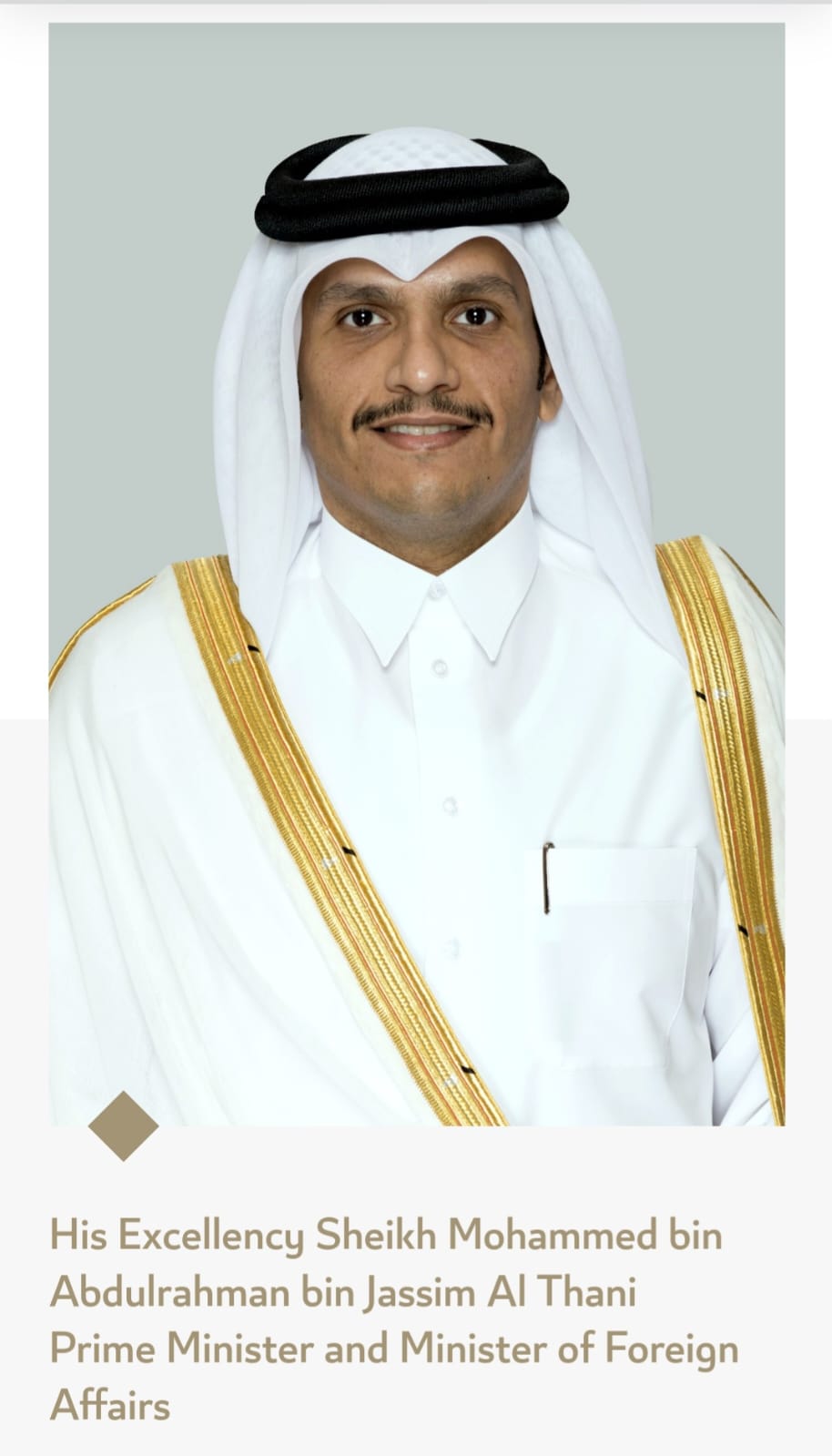News
EU allocates €201m In Humanitarian Aid For Nigeria, 6 other Countries

News
Nigeria Congratulates Qatar on National Day

By Gloria Ikibah
The Federal Government of Nigeria has extended its heartfelt congratulations to the State of Qatar on the occasion of its National Day, celebrated on Wednesday, December 18, 2024.
In a statement signed by the Acting Spokesperson for the Ministry of Foreign Affairs, Kimiebi Imomotimi Ebienfa, Nigeria’s Minister for Foreign Affairs, Ambassador Yusuf Maitama Tuggar, conveyed fraternal greetings to Qatar’s Prime Minister and Minister of Foreign Affairs, His Excellency Sheikh Mohammed bin Abdulrahman bin Jassim Al Thani.
The statement highlighted Qatar’s commitment to promoting global peace and its significant contributions to humanitarian services worldwide.
“The Federal Government of Nigeria commends the commitment and strategic efforts made by the State of Qatar in the promotion of global peace; and more so, the excellent contributions to humanitarian services in different parts of the world,” it read.
Ambassador Tuggar emphasised the strong and growing relations between Nigeria and Qatar, expressing satisfaction with the collaborative efforts to strengthen ties for the mutual benefit of their citizens.
He wished Qatar peace, prosperity, and progress, reaffirming Nigeria’s enduring friendship and support.
This underscores Nigeria’s recognition of its diplomatic relationship with Qatar and its shared commitment to global cooperation and development.
News
Reps Recommends Delisting NECO, UI, Labour Ministry, 21 Others From 2025 Budget

By Gloria Ikibah
The House of Representatives Public Accounts Committee (PAC) has called for the removal of the National Examination Council (NECO), University of Ibadan (UI), Federal Ministry of Labour and Employment, and 21 other federal Ministries, Departments, and Agencies (MDAs) from the 2025 budget.
This recommendation follows their repeated failure to account for previous allocations and internally generated revenue.
During an extraordinary session on Wednesday, December 18, 2024, the Committee resolved that these MDAs should be excluded from the budget until they comply with its directives.
Chairman of the Committee, Rep. Bamidele Salam, stressed: “The Financial Regulation empowers the National Assembly to exclude any Ministry, Department, or Agency (MDA) that fails to account for their previous appropriations. As such, the listed MDAs should be excluded from the 2025 budget until they appear before this constitutional committee.”
The decision was prompted by the consistent non-compliance of these MDAs despite multiple summons issued by the Committee to scrutinize their financial operations.
Prominent institutions among those recommended for delisting include hospitals, universities, and federal development agencies. Some of the affected MDAs are:
- Federal Medical Centre, Bida
- Federal Ministry of Labour & Employment
- Ahmadu Bello University Teaching Hospital, Zaria
- Nigeria Police Force: Department of Information and Communication Technology
- Federal College of Education (Technical), Asaba
- Federal College of Education, Yola
- Federal Polytechnic Ekowe, Bayelsa State
- Abubakar Tafawa Balewa University Teaching Hospital, Bauchi
- Federal University of Technology, Minna
- Cross River Basin Development Authority
- Nigeria Office for Trade Negotiation
- National Examination Council (NECO)
- Nigeria Police Academy, Wudil
- Presidential Amnesty Programme
- Galaxy Backbone
- Senior Special Assistant to the President on Sustainable Development Goals
Others include the National Health Insurance Authority (NHIA), Nigeria Nuclear Regulatory Authority, National Space Research and Development Agency, Federal Cooperative College (Ibadan), Upper Niger River Basin Development Authority, University of Lagos, University of Ibadan, and Federal School of Survey, Oyo State.
The Committee unanimously recommended that the MDAs in question be delisted from the 2025 budget until they comply with the request for documentation and provide necessary financial clarifications.
News
Reps Call for Revival of NAPAC to Boost Transparency, Accountability

-

 News24 hours ago
News24 hours agoInsecurity : Nigerians spent N2.2trn as payment for ransom in one year -NBS
-

 Sports19 hours ago
Sports19 hours agoCAF Awards 2024: Full List of Winners
-

 News13 hours ago
News13 hours agoJust in: CBN Imposes N100k Bar on PoS, Issues Warning to Operators
-

 News13 hours ago
News13 hours agoGov Adeleke Speaks On Death Sentence For Chicken Thief
-

 News18 hours ago
News18 hours agoKaduna returns Abacha family property seized by El-Rufai
-

 News19 hours ago
News19 hours agoThree to die by hanging for killing Delta monarch
-

 News18 hours ago
News18 hours agoCAC deregistered 300,000 dormant companies in one year
-

 Sports19 hours ago
Sports19 hours agoAlejandro Garnacho’s bicycle kick wins 2024 FIFA Puskás Award








